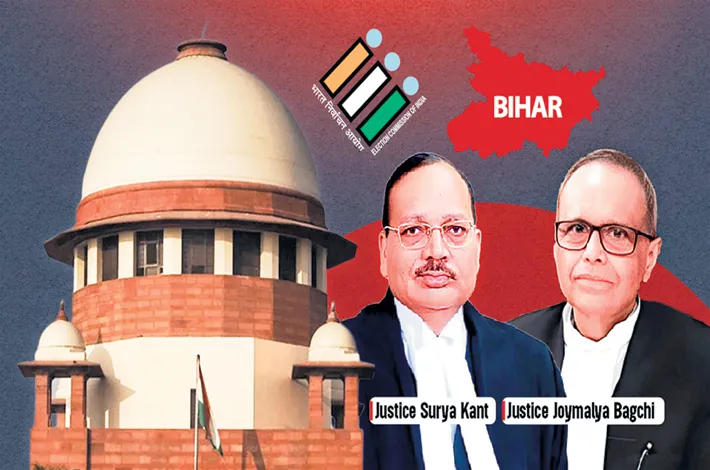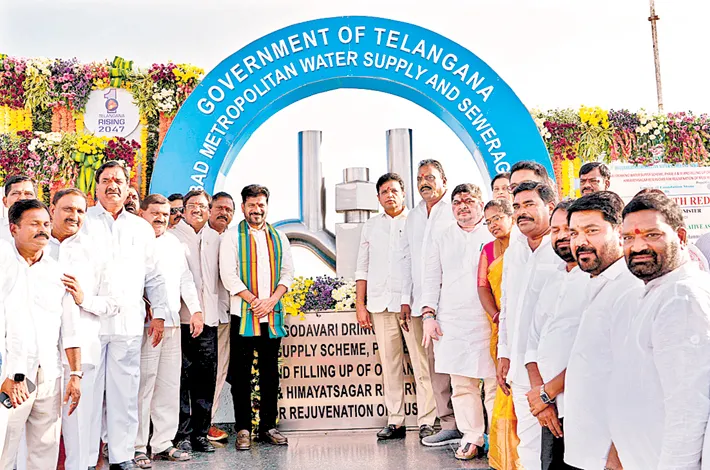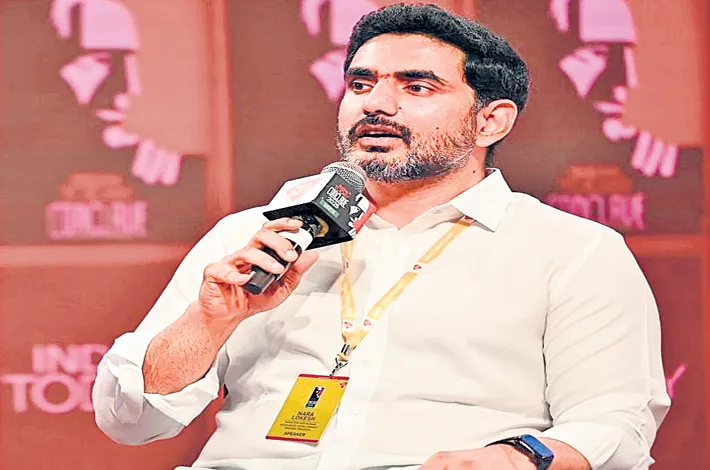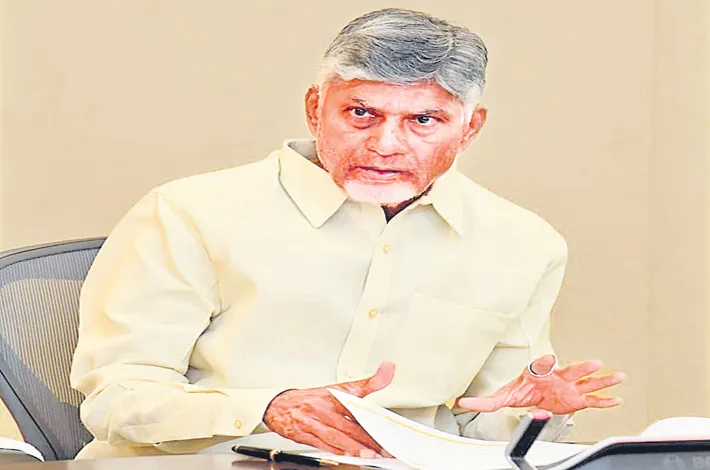Lodha Foundation launches India’s First Privately Funded Mathematics Research Institute
26-08-2025 12:00:00 AM
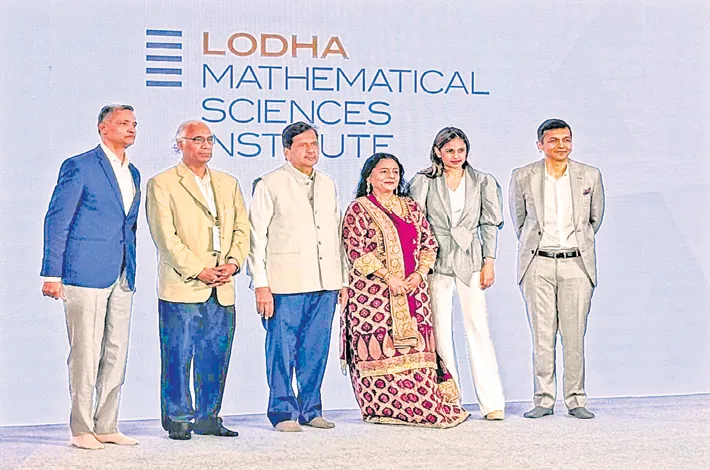
Simple Vishwakarma Mumbai
The Lodha Group has announced the launch of the Lodha Mathematical Sciences Institute (LMSI) in Mumbai, the country’s first privately funded mathematics research institute. Backed by the Lodha Foundation, which last year received an endowment worth nearly Rs 20,000 crore from the Lodha family, the institute aims to foster world-class mathematical research and innovation in both fundamental and applied domains.
“We have realised that for any nation to become strong, we ought to have original thinking and promote innovation. This is what the Lodha Institute of Mathematical Sciences is focused on,” said Abhishek Lodha, CEO and MD of Lodha Developers, at the launch. “We are committed to making sure that in the long term, this becomes one of the leading institutions in the world.”Renowned mathematician Dr. V Kumar Murty, who has made important contributions to number theory and arithmetic geometry, will lead the LMSI.
"We are aware that throughout India's lengthy history, numerous outstanding mathematicians have contributed essential concepts that have influenced the modern world. It is extremely important and motivating to be a part of that history and to further it by utilising not only Indian talent but also skills available globally. “By 2047, the LMSI seeks to solve core issues that will enable India to become a developed country and a world leader," said Dr. Murty.
A Vision Rooted in India’s Development
In an exclusive conversation with The Free Press Journal, Lodha underlined that the institute was conceived as part of a broader mission to contribute meaningfully to India’s growth.
“The Lodha Foundation has been operating since 2013. Last year, inspired by the Prime Minister’s call for India to become a developed nation by 2047, our family donated about $2.5 billion to the foundation,” he said. “Innovation is very important for India’s long-term development. If you don’t create your own knowledge, you are only copying and the originator of the idea will always extract the lion’s share of the value.” Lodha stressed that India has immense intellectual talent, particularly in STEM, but much of it migrates abroad. “The knowledge they create stays there. It’s time to change that. No great nation in history has thrived without placing knowledge at the centre,” he added.
International Minds,Indian Soil
The institute will be led by Dr. V Kumar Murty, Harvard PhD and former Director of the Fields Institute, with a scientific advisory council featuring some of the world’s most celebrated mathematicians, including Dr. Manjul Bhargava (Princeton), Dr. Sourav Chatterjee (Stanford) and Ngô Bảo Châu (University of Chicago).
“The fact that the top minds from the world are coming and running this institute is what will set it apart,” Lodha said, pointing to the early presence of global post-doctoral researchers and faculty. “We want this to rank among the top ten mathematical institutes in the world.”
Opportunities for Indian Students
While LMSI is currently focused on post-doctoral research, Lodha believes its impact will filter down to younger students across the country.“Today, a student in grade 6 or 10 doesn’t see pure sciences as a viable career path. By bringing world-class researchers of Indian origin back home and paying them global salaries to work here, we are creating an ecosystem that will inspire the next generation,” he explained.
He also acknowledged a gap in India’s scientific recognition. “Since 1947, no Indian working in India has won a Nobel Prize or a Fields Medal. We have the minds, but without the right ecosystem we lose the knowledge. This institute is designed to fix that.”
Admissions & Structure
The institute is free and open only to post-doctoral researchers, who will be selected based on their academic credentials and research output by the Scientific Advisory Council. For undergraduate and postgraduate students, LMSI will not function as a traditional teaching institute, but there will be opportunities for workshops, collaborations, and exposure to global faculty.
While comparisons with China’s research ecosystem. Lodha said, “Indian minds are of very high quality, but our institutions haven’t ranked globally. That’s the issue we are addressing. With LMSI, we intend to ensure India appears on the global map of top research institutes in the next few years.”
For young researchers, Lodha’s message was straightforward: “If knowledge, intellect and commitment to high-quality work are your drivers, there is no better place to do research than LMSI. The opportunity here will not only allow you to contribute to India’s development but also make you globally competitive as faculty at leading institutions worldwide.”





